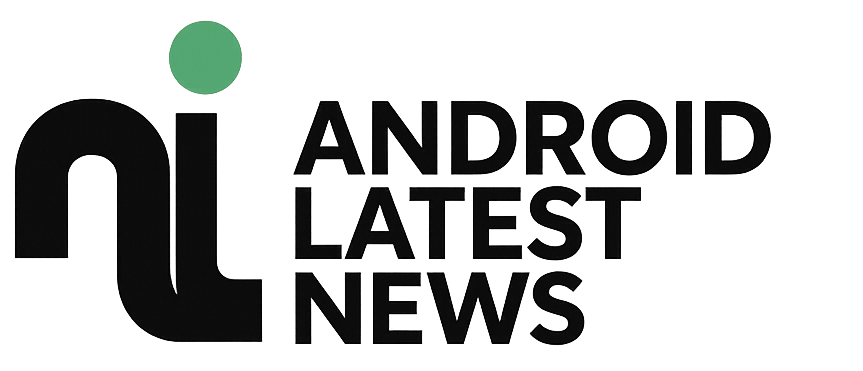In an era where digital wallets have become integral to everyday transactions, privacy concerns are increasingly coming to the forefront. Proton Pass, known for its robust security features in password management, is now entering the payments arena, positioning itself as a privacy-centric alternative to Google Wallet. By embedding enhanced encryption and user data protection at its core, Proton Pass aims to redefine how consumers manage their financial information, challenging tech giants with a fresh approach that puts privacy first. This development marks a significant evolution in digital payment solutions, promising users greater control over their sensitive data without sacrificing convenience.
Proton Pass introduces enhanced privacy features to redefine digital payments
Proton Pass is setting a new standard in the digital payments landscape by integrating robust privacy-centric features that place user security at the forefront. Unlike traditional payment platforms, Proton Pass employs end-to-end encryption and zero-knowledge architecture, ensuring transaction data remains confidential and inaccessible even to Proton itself. This shift not only appeals to privacy-conscious consumers but also challenges industry leaders like Google Wallet to rethink how sensitive financial information is protected in an increasingly connected world.
Key innovations introduced by Proton Pass include:
- Anonymous Payment Processing: Users can complete transactions without exposing personal identity details.
- Decentralized Data Control: Payment credentials and history remain under the user’s sole control, minimizing the risk of centralized data breaches.
- Seamless Multi-Platform Integration: Compatibility across devices ensures privacy does not come at the expense of convenience.
By embedding these features into an intuitive interface, Proton Pass is redefining what digital payments mean for user privacy, delivering both security and ease of use in an industry often dominated by data harvesting practices.
Comparing security protocols between Proton Pass and Google Wallet
When it comes to safeguarding user data, Proton Pass and Google Wallet adopt distinctly different approaches, each tailored to their core philosophies. Proton Pass emphasizes zero-knowledge architecture, ensuring that no personal data or passwords are accessible to anyone but the user. This end-to-end encryption model means even Proton cannot decrypt sensitive credentials, positioning privacy at the forefront. On the other hand, Google Wallet integrates security protocols within the wider Google ecosystem, leveraging tokenization, biometric authentication, and multi-factor safeguards to protect financial transactions. However, data sharing practices aligned with Google’s advertising infrastructure raise questions about long-term privacy implications.
From a technical standpoint, both platforms employ rigorous standards to mitigate risks of unauthorized access, but their focus diverges sharply. Proton Pass utilizes open-source cryptographic algorithms, inviting community audits and fostering transparency, whereas Google Wallet relies on proprietary mechanisms built into Google’s Trusted Execution Environment (TEE). Key features include:
- Proton Pass: Zero-knowledge encryption, open-source cryptography, no data profiling
- Google Wallet: Biometric recognition, tokenized card data, device-level attestation
Ultimately, Proton Pass champions privacy above all, while Google Wallet offers a robust blend of convenience and security within its expansive digital ecosystem.
User experience and functionality in privacy-focused payment solutions
Proton Pass redefines the user journey by merging seamless functionality with robust privacy. Unlike traditional payment platforms that often prioritize speed over security, Proton Pass employs end-to-end encryption without compromising on ease of use. Its intuitive interface allows users to swiftly manage transactions, view payment histories, and access loyalty rewards-all while ensuring that sensitive data remains invisible to prying eyes. This balance between transparency in user interaction and invisibility in data handling marks a significant departure from the conventional approach of payment solutions that typically trade user experience for privacy safeguards.
Beyond just transaction processing, Proton Pass offers a suite of features tailored to privacy-conscious consumers, including:
- Anonymous payment options to shield identities during online and in-store purchases
- Granular permission controls empowering users to decide what information to share and when
- Minimal data retention policies that reduce exposure risk without disrupting service functionality
By providing these control points within a polished, user-friendly environment, Proton Pass not only matches the convenience of mainstream wallets like Google Wallet but elevates it with privacy-first innovation, setting a new benchmark for what consumers should expect from digital payment platforms.
Best practices for maximizing privacy with Proton Pass in everyday transactions
When using Proton Pass for everyday transactions, prioritizing privacy means actively managing the information you share. Start by utilizing custom fields and secure notes within Proton Pass to store sensitive details instead of inputting them directly in payment forms. This approach ensures your data remains encrypted and inaccessible to third parties. Additionally, regularly review and update your saved payment methods to remove any outdated or unnecessary information, reducing the risk of accidental data exposure during transactions.
To further anonymize your purchases, take advantage of Proton Pass’s ability to generate unique virtual cards for different merchants or transaction types. This limits data sharing and prevents cross-platform tracking. Combining this with discreet transaction labeling and secure password practices helps maintain a tight security perimeter. Adopting these habits not only strengthens your privacy but also exemplifies a proactive stance against invasive data collection ubiquitous in traditional digital wallets.
As digital wallets become increasingly integral to everyday transactions, the emergence of Proton Pass signals a noteworthy shift toward prioritizing user privacy without sacrificing convenience. By integrating enhanced security features typically absent from mainstream options like Google Wallet, Proton Pass challenges the status quo and invites consumers to reconsider how their financial data is managed and protected. While it remains to be seen how this privacy-focused contender will fare in a crowded market, its innovative approach highlights a growing demand for greater control and transparency in digital payment solutions.



